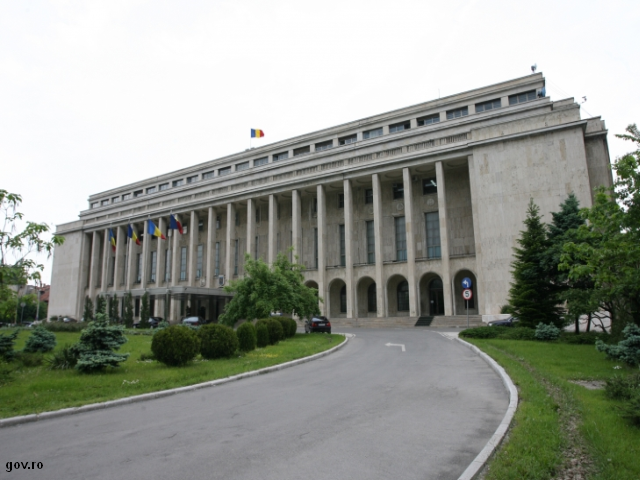Government keeps public spending in check
The austerity measures announced by Romanias new Government spark the first protests.

Bogdan Matei, 31.12.2020, 14:00
Less than a week after the Liberal Florin Citu took over the prime minister seat, his rigour as finance minister, a position he previously held, started to be felt. The coalition government, made up of the National Liberal Party (PNL), the USR-PLUS Alliance and the Democratic Union of Ethnic Hungarians in Romania (UDMR) decided on Wednesday, through an emergency order, not to increase the salaries of public servants next year. Salaries, just like bonuses, compensations and food subsidies have been capped at their level this month. The decision applies to the entire staff working in the central and local public administration, including dignitaries. The ordinance postpones by one year the payment of the so-called special pensions of mayors, pensions that do not comply with the contribution principle. According to PM Citu, all these measures are aimed to keep public spending in check and to increase investment.
The budget deficit target for 2021 has been set at 7% of the GDP. Under the emergency order, over 3 billion euros from the national budget will be saved. The document also provides support for the hospitality industry, the payment of technical unemployment and of 41.5% of the salary of the employees whose jobs are preserved. Another emergency order extends by another three months the deadline for interest rate postponement applications. The payment of interest rates can be postponed for 9 months at the most.
Vasile Dancu, head of the National Council of the Social Democratic Party, in the opposition, says that the new cabinet governs in an anti-social manner, as the promises made by the parties in power during the election campaign were in fact empty words. Apart from the political games, trade unions in the healtcare system say that the salary cap will also affect those who fight directly with the pandemic, that is the medical personnel. Employees with the Interior Ministry are also unhappy with the measure and have sent their message to the Interior Minister Lucian Bode. Clerks have also threatened with protests both in Bucharest and in half of the prefect’s offices in the country.
Moreover, the recent announcement of the Electoral Authority that political parties will ask for the repayment of more than 30 million euros, representing some of the expenses made during the parliamentary elections this year, has increased the state of irritation at society level. The amount is almost four times bigger than at the 2016 parliamentary elections, although less than one third of the electorate went to the polls this year and that only 9% of Romanians said they trust political parties, thus making the legitimacy of the latter even more questionable. (Translated by Elena Enache)






























